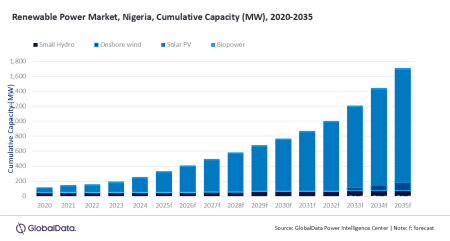…Mixed signals from ministers cast doubt on possible deal

Chuks Isiwu 30 November 2016, Sweetcrude, Lagos – The Organisation of the Petroleum Exporting Countries, OPEC, ministers meet today in Vienna, Austria amid mixed signals from the ministers over possible deal on production cut.
It is OPEC’s 171st ministerial meeting, and the 14-member body is expected to allocate new production quotas to members in line with an agreement in September in Algiers, Algeria to reduce output to between 32.5 and 33 million barrels per day, mbd.
But ahead of the meeting, there have been mixed signals from the ministers, casting doubt on the possibility of the parley arriving at a deal on both production cut and new quotas for members.
Some experts, however, still believe the organisation would be able to reach a deal before today’s meeting.
Indications in the last few days, indeed, showed that ratification of the September deal and allocation of new quotas to members would not come easy with news of Iran, Saudi Arabia and Iraq bickering over how to share the burden of the production cut.
OPEC officials were also scheduled to meet with non-OPEC oil producers, including Russia on Monday before today’s ministerial gathering, but the meeting was later cancelled after the Saudis decided not to take part, preferring that OPEC reached a deal first, before conversations with other producers.
As at last night, OPEC was still grappling with the issue of whether Iran and Iraq are willing to cut production.
Iran insists it should be allowed to restore output to pre-sanctions levels, while Iraq is questioning the secondary sources’ output estimates on which OPEC bases its production decisions, and which is the basis for the planned production cut.
Saudi Arabia, OPEC’s power house, is ready to cut production, but only if all members share the burden of cuts equitably and transparently. In practice, that means the kingdom thinks Iraq needs to cut output and Iran has to freeze production around current levels, an OPEC delegate was quoted as saying ahead of the ministerial meeting.
Saudi Arabia’s energy minister, on his part, appeared to suggest that Riyadh could live with OPEC failing to agree its first cut in output in eight years, saying recovering demand would “stabilise” prices next year anyway.
“We don’t have a single path which is to cut production at the OPEC meeting, we can also depend on recovery in consumption, especially from the US,” Saudi media quoted Khaled al-Falih as saying.
Iraqi Oil Minister Jabbar al-Luaibi, however, sounded an upbeat note as he arrived in Vienna on Monday ahead of the meeting, saying he was “optimistic” that the 14-country group would strike an accord.
This was echoed by Venezuela’s similarly “optimistic” Oil Minister Eulogio del Pino as he arrived in Algiers for talks with his Algerian counterpart.
The two were due to head to Moscow together to persuade non-OPEC Russia to also tighten the spigots. “OPEC and non-OPEC countries must take action,” del Pino was quoted by local news agency APS as saying.
Observers fear that the refusal of just one major producer to participate in the planned production cut could scuttle the whole of the agreement reached in September in Algiers.
“The whole Algerian deal wasn’t clear from beginning and their approach was ‘leave it to later’,” said Abdulsamad al-Awadhi, a former OPEC official for Kuwait who is now an independent analyst in London. Two months after the initial accord, according to him, “OPEC leaders are confused and the group’s founding members can’t solve differences, but they want to have a deal with non-OPEC. This is a tough call.”
Industry watchers maintained that if today’s meeting arrives at a production cut, Nigeria might be unaffected by the deal as the country is currently producing well below its original 2.2 million barrels per day quota.
Ahead of today’s meeting, OPEC’s secretary general, Dr. Mohammed Sanusi Barkindo, said the organisation would be aiming for a rancour-free conference.
“OPEC should be able to reach a deal to limit oil production without too much disagreement about individual countries’ output levels”, Barkindo said.
All the building blocks for the implementation of the output cut will be in place in a timely fashion, he further assured.
Industry players and the entire global oil market would follow the ministerial meeting with keen interest.
According to Goldman Sachs, if OPEC nations opt not to cut production when they meet in Vienna, there could be a surplus of 700,000 barrels per day in the first half of 2017.
But in the second half of the year, a combination of stronger-than-expected demand and lower production from high cost countries will contribute to a supply deficit, the group in a recent research note.



